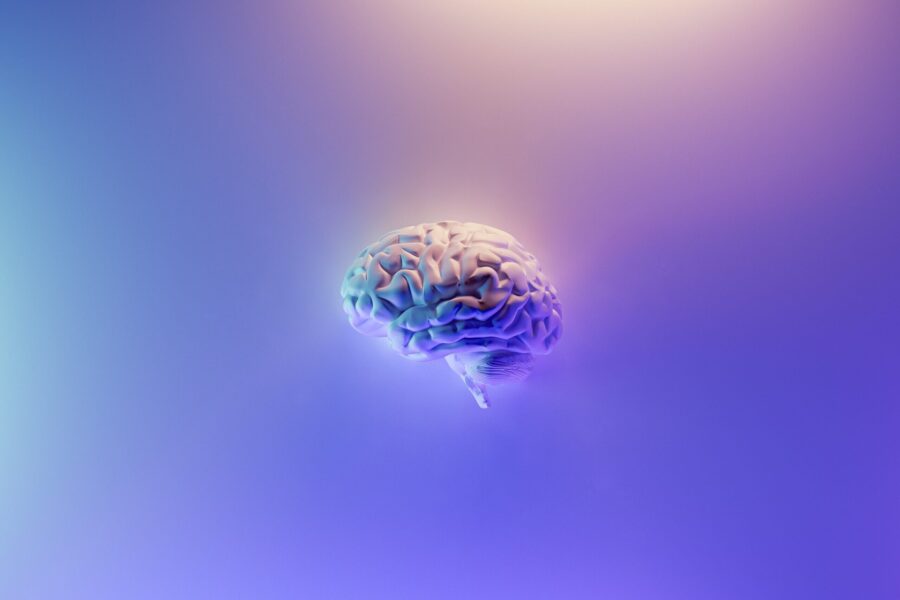How to “Hack Your Brain” to Produce More Happiness Chemicals
Is it possible to “hack your brain” to produce more happiness chemicals? According to a recent CNET article, the answer is “yes.” Loretta Breuning, founder of the Inner Mammal Institute and author of Habits of a Happy Brain, sheds light on how we can naturally produce more of the hormones, or brain chemicals, that influence our sense of well-being.
“Almost everything that makes you feel ‘happy’ is linked to one of the four happiness hormones: dopamine, serotonin, endorphin and oxytocin,” the article states. Each is linked to specific actions or rewards.
Dopamine
Dopamine is associated with rewards and motivation. It’s responsible for the good feeling you experience when you achieve a goal. Experts suspect low dopamine occurs with depression, which may be why depressed people feel a lack of interest or drive to participate in activities they once enjoyed.
“Approaching a reward triggers dopamine. When a lion approaches a gazelle, her dopamine surges and the energy she needs for the hunt is released,” Breuning explains. “The expectation of a reward triggers a good feeling…and releases the energy you need to reach the reward,” she adds.
While caffeine, sugar, and some drugs increase dopamine, there are healthier alternatives. Committing to a new hobby or sport can increase dopamine. “Embrace a new goal and take small steps toward it every day. Your brain will reward you with dopamine each time you take a step. The repetition will build a new dopamine pathway until it’s big enough to compete with the dopamine habit that you’re better off without,” Breuning recommends.
Serotonin
Serotonin, a neurotransmitter that plays a role in mood, is “important for reducing depression and regulating anxiety.”
“Confidence triggers serotonin. You can develop your belief in your own worth. If you focus on your losses you will depress your serotonin, even if you’re a rock star or a CEO. You can build the habit of focusing on your wins.” Breuning says.
You can also build up confidence from scratch by starting a new exercise routine and sticking to it over time, or finding ways to get out of your comfort zone. As you build new strength physically or emotionally, it also builds confidence.
Oxytocin
Oxytocin, sometimes referred to as the “love” hormone, is associated with how people bond and trust each other. It’s a key hormone released when a mother has a baby, enabling them to bond. It’s involved in affectionate touch, whether with a romantic partner, a parent to child, or even petting your puppy. But in addition to the physical component, there’s a social and emotional one as well.
“Social trust is what triggers oxytocin. If you hug someone you don’t trust, it doesn’t feel good. Trust comes first. You can build social trust by taking small positive steps toward people,” Breuning says. Any small step – reaching out to a friend or sending someone a note or card to tell them you’re thinking of them – can help build your trust networks.
Endorphins
Endorphins, released when you exercise, are responsible for the “runner’s high or post-workout endorphin ‘rush.’” These hormones serve as “natural painkillers,” enabling a runner to finish a race without noticing an injury until afterward.
“In the state of nature, it helps an injured animal escape from a predator. It helped our ancestors run for help when injured. Endorphins evolved for survival, not for partying. If you were high on endorphins all the time, you would touch hot stoves and walk on broken legs,” Breuning explains.
You can boost endorphins by strenuous exercise, but as it turns out, there are less painful methods. Laughter also does the trick. So does engrossing yourself in fiction by watching emotionally-stirring dramas, stretching, meditating, and eating dark chocolate. Lucky for us, endorphin-inducing options abound.
You can read the full article here.
Livingston, Mercey. “Naturally Produce More Dopamine, Serotonin, Endorphin and Oxytocin for a Happier Brain.” CNET.com, 20 Sept 2022, https://www.cnet.com/health/mental/naturally-produce-more-dopamine-serotonin-endorphin-and-oxytocin-for-a-happier-brain/.
Image by Milad Fakurian on Unsplash



